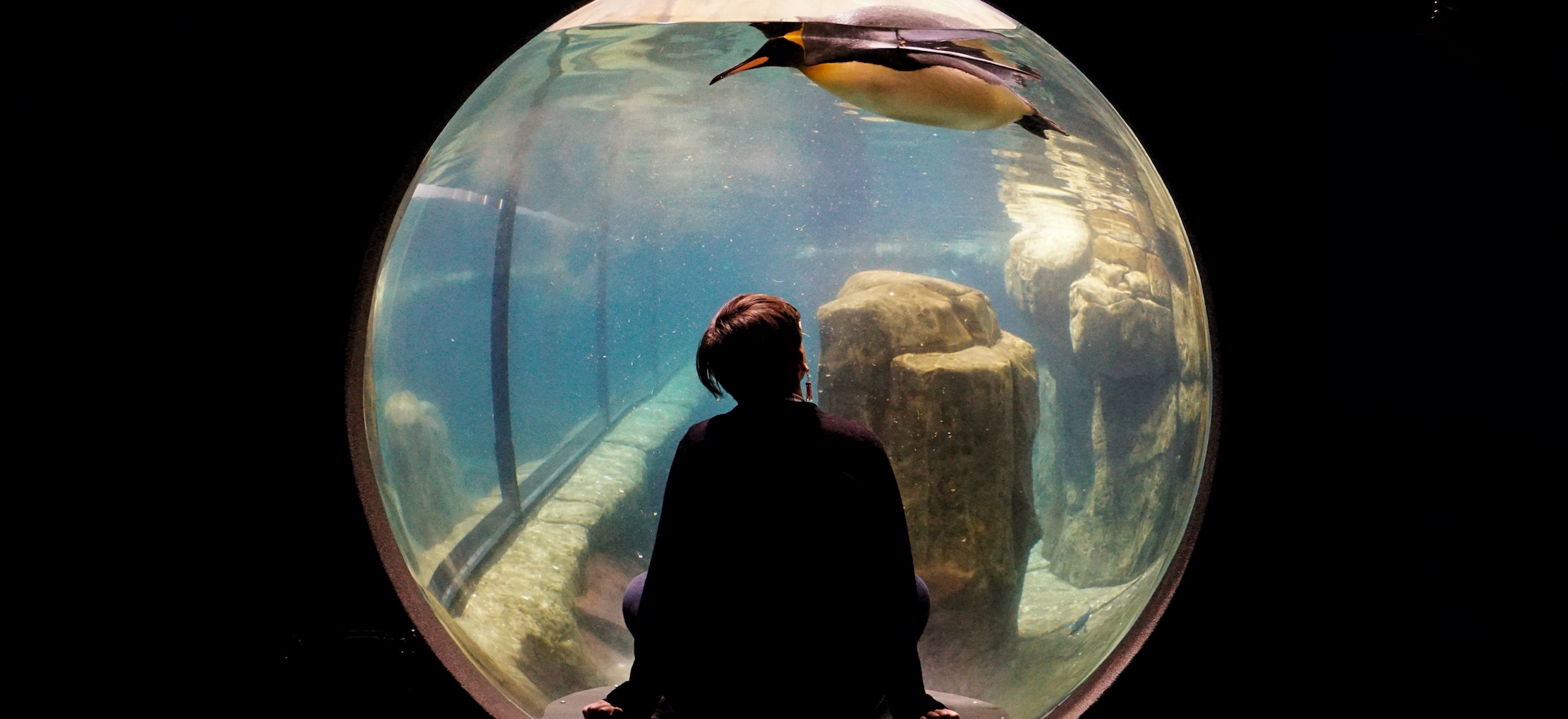Have you ever stopped to wonder about your effect on others? It’s been said that “the last thing anyone learns about themselves is their effect”. We know what we mean, but do others? How well are they understanding you and your intentions?

It’s interesting isn’t it? I don’t believe anyone is deliberately doing things wrong but quite often, when they don’t do it the same way as us, we assume they are just incompetent. That assumption is often written across our face: the judgement is clear. If people think they are being judged they will immediately reduce their exposure to criticism. There’s a very good chance their output will be reduced because they’ll try and stay in the safe zone, or they’ll make a mistake through trying too hard and being too tense; they’ll confirm the assumption that they’re incompetent. Remember this cycle next time you find yourself observing others. They won’t be able to help picking up your tells and if you’re appearing to disapprove they’ll tense up.
Our actions both long term and short can affect others in ways we didn’t realize. The proliferation of SUVs has been justified by the argument that “it keeps my family safer” and “the view is much better”. Presumably having a good view is a good thing. But what about everyone else whose view has now been restricted a little more? They now can’t see through you to the brake lights of the car ahead, so have to sit further back, clogging up the roads more. And, of course, if you’re now floating around hiding cyclists and other road users their lives have been made just a little less safe.
The same applies to the sort of motorway driving that sort of makes sense if you’re not confident in your ability or too lazy to change lanes. Officially no-one else is allowed to pass on the slow lane, so if someone feels they don’t want to move to the slow lane when it’s free (because there’s another vehicle in it which will have to be passed in a mile’s time) everyone else is now forced to drive at their speed. I can sort of understand the logic: far safer for me not to make any additional effort which would break my concentration.

Everyone has boundaries. In some ways it’s like a bubble around them. Often those boundaries are close in and full of fine detail; sometimes they’re quite long range and a bit fuzzy. The close in bubble often stops at someone else’s surface behaviours. That’s when we start assessing them through their actions and when we make snap judgments that are written in disapproving expressions. The actions may be the result of different thinking, different understanding or finding a better way of doing something. Only by expanding your bubble will you appreciate this.
In the same way close in bubble boundaries stop at the edge of our car and are only concerned with protecting our own families or making our own view easier. They don’t necessarily reveal the hidden effects of our actions. A slightly larger bubble may allow you to appreciate why that motorist is hooting you or making the sort of hand signals you don’t see in the Highway Code.
Performance and life coaching is about expanding that bubble. Recognizing that actions and reactions aren’t skin deep and that there are different perspectives if we look for them. If you’d like to know more check out my website Inflow Performance, or the Facebook page.